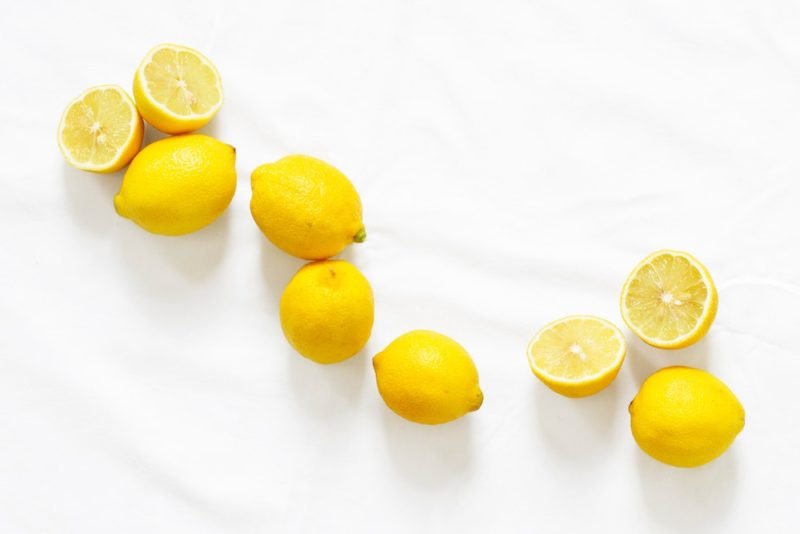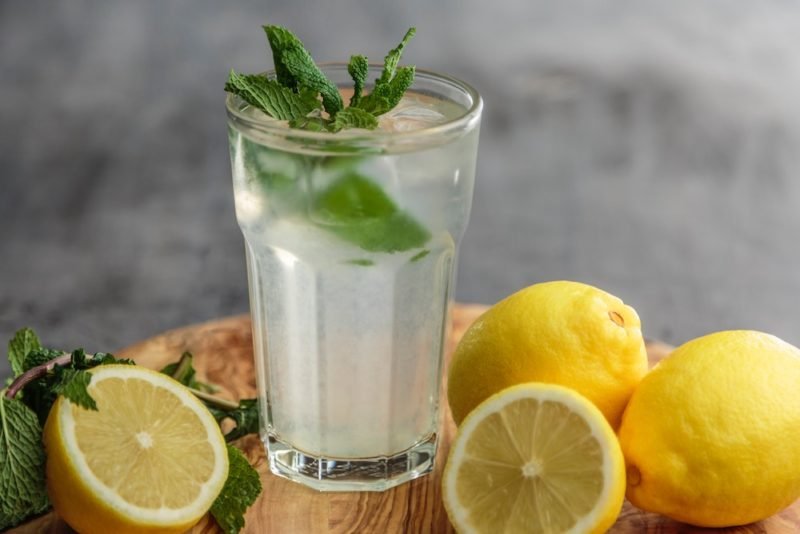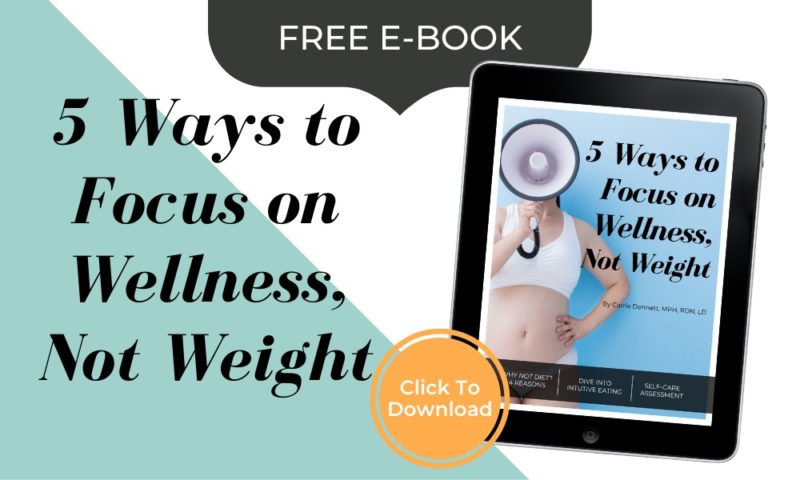
To piggyback on last week’s blog post about acceptance, this week I want to talk about optimism. Specifically, healthy vs. unhealthy optimism and how it makes a difference when coping with the coronavirus pandemic.
Healthy optimism means believing that we will get through the current pandemic (as a society, since some individual won’t get through it) and even looking for bright spots in our lives as they are right now.
Unhealthy optimism is believing that things are much better than they are being portrayed on non-Fox News media outlets, and that, really, it’s OK if we still get together with friends, visit family, and let our kids have play dates. That kind of optimism will only lead to more sickness and possibly more deaths.
I’ve been writing a lot about coronavirus for The Seattle Times, as my pre-planned column topics wait patiently on the back burner (I also have two articles submitted to The Washington Post on non-coronavirus topics that will hopefully see the light of day soon). I’ve written about why you can’t “boost” your immunity, how to stock your “pandemic pantry,” and what to do with yourself once your pantry IS stocked. On the blog, I’ve been writing more about how to care for your emotional health, because that is arguably just as important.

Set boundaries around media
Have you been obsessively tracking the news, or simply dipping your toes in? Watching CNN or other cable news channels all day won’t help you be any safer than you would by practicing physical distancing and good hand hygiene, and checking a reputable news source and/or your county public health website daily.
The same goes for online and social media. Are articles, posts and tweets about how you should be eating or exercising (on top of news of the latest infection and death counts) are making you feel anxious or inadequate? Shut down your computer, delete your social media apps (you can always download them again in better times), unfollow people or do whatever you need to do to take care of you.
If you feel like you are struggling, you are not alone
If you are struggling, whether with food or anxiety or both, it’s not because you are a failure or you are doing something “wrong.” Have you personally experienced a global pandemic before? I sure haven’t. Why should we expect to sail through it with grace and grit every moment of every day?
As a natural introvert who already worked from home and hasn’t experienced a major income hit, I have stretches of time when life feels totally “normal.” Then I fall into a news rabbit hole (not honoring my boundaries) or get ready to make one of my infrequent trips to the grocery store and feel anxiety bubbling up. I’m fortunate to not struggle with anxiety, generally, and I actually like grocery shopping, so my brain is like, “What the heck?” Then I accept that I’m feeling what I’m feeling, and take the necessary steps to protect my physical health and care for my emotional health.
I know that the current situation is bringing up food-related challenges for many people, especially those who have struggled with deprivation due to a history of dieting or food insecurity, as well as those who struggle with emotional or binge eating even in better times. If you need one-on-one help, I’m making room in my virtual private practice for a few new clients. Sessions are held via video or phone, so you can stay safely in your own home. If you’re interested, you can peruse my nutrition coaching page.

About that lemonade
I fully acknowledge that it feels weird to think of something positive coming out of our current crisis, but the reality is that when life takes us on a detour, we often learn things about ourselves that we didn’t know, or sort of knew but didn’t fully acknowledge. No matter how introverted or extroverted we are by nature, we are spending a lot more time at home right now, perhaps alone. (If you are an extrovert and finding this isolation particularly hard, it might help to reframe being “stuck” at home as being safe at home.)
You might find that it’s a relief to have a good reason to have a bare social calendar. You might find that you prefer a lazy weekend to one filled with errands and commitments. You might find that you actually prefer cooking to dining out. You might find that you’ve missed having time to read. You might find that you hate the way your living room furniture is arranged. You might find that you have some unresolved issues with food or anxiety that need to be addressed.
How can you take what you observe and learn about yourself — your likes, dislikes, joys and fears — and take that information to be an even better, stronger, more resilient version of you going forward. How can you be more true to yourself? That’s the lemonade.
Disclaimer: All information provided here is of a general nature and is furnished only for educational purposes. This information is not to be taken as medical or other health advice pertaining to an individual’s specific health or medical condition. You agree that the use of this information is at your own risk.
Hi, I’m Carrie Dennett, MPH, RDN, a weight-inclusive registered dietitian, nutrition therapist and body image counselor. I offer compassionate, individualized care for adults of all ages, shapes, sizes and genders who want to break free from eating disorders, disordered eating or chronic dieting. If you need to learn how to manage IBS symptoms with food, or improve your nutrition and lifestyle habits to help manage a current health concern or simply support your overall health and well-being, I help people with that, too.
Need 1-on-1 help for your nutrition, eating, or body image concerns? Schedule a free 20-minute Discovery Call to talk about how I can help you and explore if we’re a good fit! I’m in-network with Regence BCBS, FirstChoice Health and Providence Health Plan, and can bill Blue Cross and/or Blue Shield insurances in many states. If I don’t take your insurance, I can help you seek reimbursement on your own. To learn more, explore my insurance and services areas page.
 Print This Post
Print This Post







